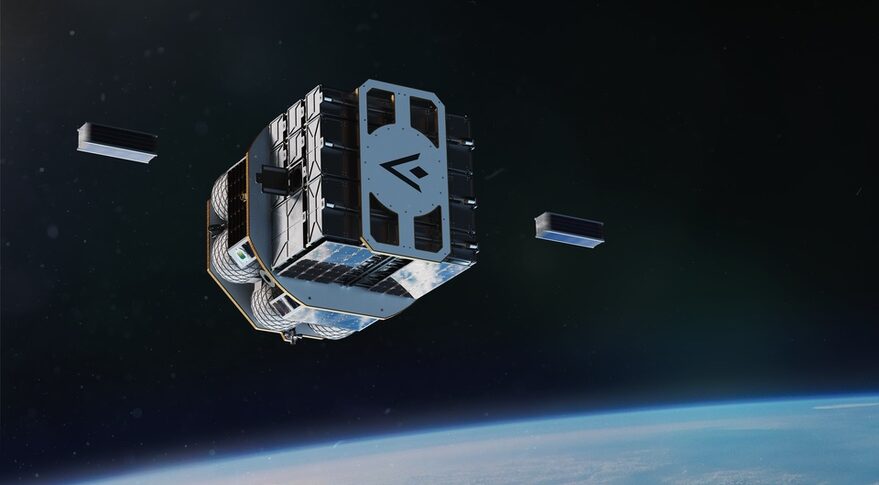

According to Crop One, its Dubai farm covers 330,000 square feet of vertical growing space and produces 1 million kilograms (more than 2 million pounds) of crops every year, including kale, spinach, and arugula. It can use significantly less water and fertilizer than traditional outdoor agriculture, and by continuously recirculating water, it creates very little waste.Ī large-scale example of this method in use can be found at the Emirates Crop One facility in Dubai, the world’s biggest vertical farm. Vertical farming is a method of growing crops without soil in a controlled environment, delivering nutrient-rich water straight to a plant’s roots. Inside the NUCLEUS capsule cubes, plants are grown in vertical crop systems, the method many scientists consider to be the best option for Martian agriculture. Interstellar Lab's Nutritional Closed-Loop Eco-Unit System.

NUCLEUS is moving now to a lab in Cape Canaveral, Florida, to participate in the challenge’s final phase, with the winners announced in April. In 2021, the design was among the winners of Phase 1 of NASA’s Deep Space Food Challenge, and in January this year, NASA announced NUCLEUS among the 11 Phase 2 finalists. “But I asked, ‘what if the technology we will need to live in space could help us live more sustainably on Earth?’ That’s how the concept of advanced controlled-environment modules for Earth and space was born.” “The initial focus was to build a regenerative food production system to advance sustainable farming on Earth,” says Belvisi. Belvisi says it is capable of producing fresh microgreens, vegetables, mushrooms, and even edible insects. Its Nutritional Closed-Loop Eco-Unit System, or “NUCLEUS,” is a modular structure composed of nine cube capsules designed to provide a nutritious diet for four astronauts for the duration of a two-year mission. “At the youngest age, I dreamt of becoming a multi-planet species and to live under domes on other planets, surrounded by plants.”īelvisi spent a year with engineers at NASA AMES Space Portal before launching Interstellar Lab in 2018.

It does not store any personal data.“Interstellar Lab is the pursuit of a child’s dream in the context of the climate crisis on Earth,” says CEO Barbara Belvisi. The cookie is set by the GDPR Cookie Consent plugin and is used to store whether or not user has consented to the use of cookies. The cookie is used to store the user consent for the cookies in the category "Performance". This cookie is set by GDPR Cookie Consent plugin. The cookies is used to store the user consent for the cookies in the category "Necessary". The cookie is used to store the user consent for the cookies in the category "Other. The cookie is set by GDPR cookie consent to record the user consent for the cookies in the category "Functional". The cookie is used to store the user consent for the cookies in the category "Analytics". These cookies ensure basic functionalities and security features of the website, anonymously. Necessary cookies are absolutely essential for the website to function properly.


 0 kommentar(er)
0 kommentar(er)
